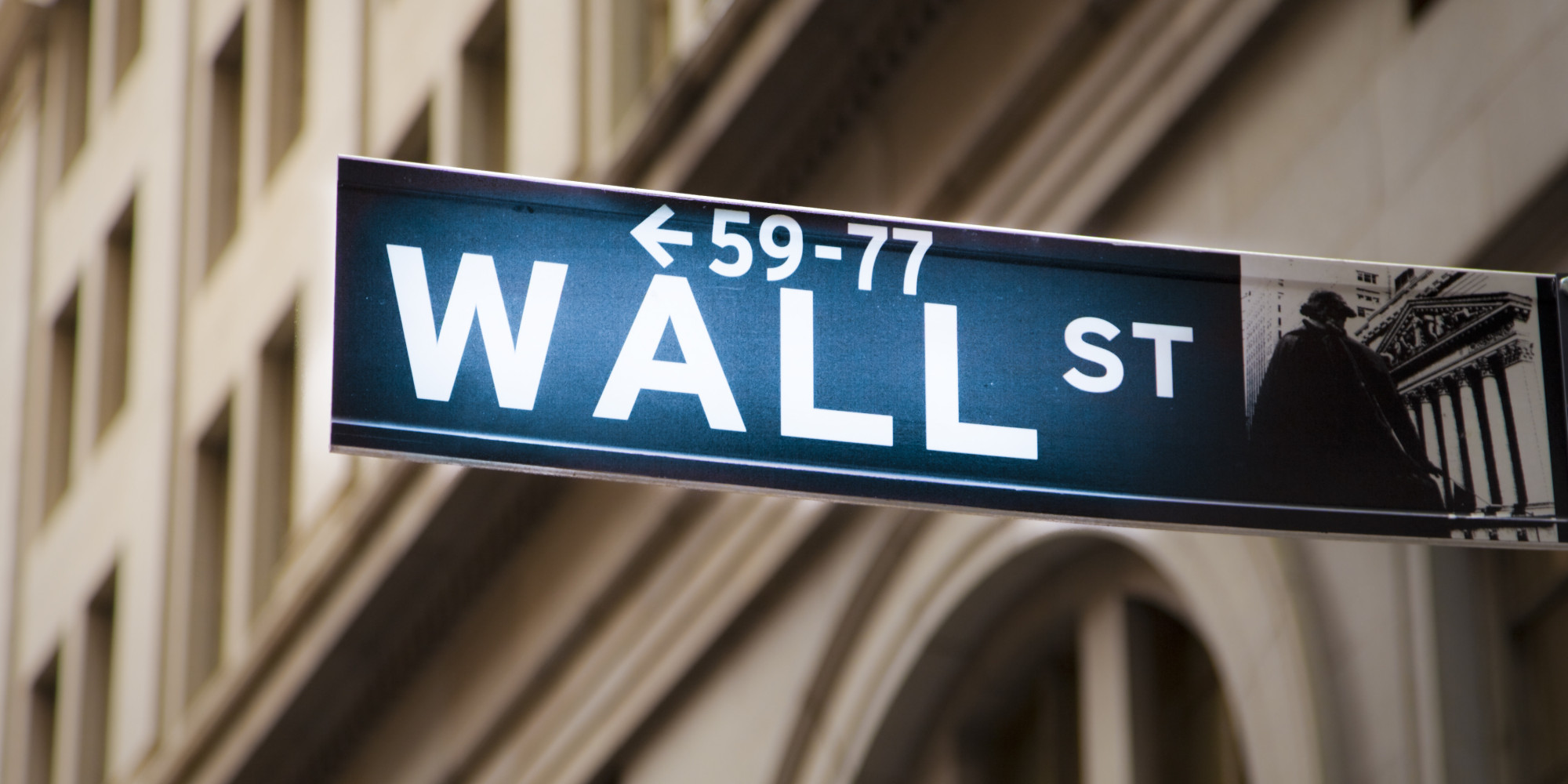
Advertisement
(BigGovernment.news) While America’s financial sector certainly share some blame for the Great Recession of 2007-08, so does the federal government and, in particular, the administration of William Jefferson Clinton.
Back in the mid-1990s, Clinton went to ridiculous lengths to increase home ownership. In collusion with then-HUD Secretary Andrew Cuomo, now governor of New York, he crafted a sure-to-fail strategy that did indeed increase the number of American homeowners, but at an awful price.
The policies centered around those pushed by Cuomo, say some experts. “One of the key reasons why [Fannie Mae and Freddie Mac are] bankrupt today, and why the government is spending hundreds of millions of dollars in supporting them, is because of the edicts pushed through by Mr. Cuomo,” well-known banking analyst Dick Bove told CNBC in 2010.
“It’s also thought by many that the hundreds of thousands of people who are losing their homes, are [doing so] to a great degree because of the actions taken by Mr. Cuomo at HUD,” Bove added.
Cuomo and Clinton pushed Fannie and Freddie to purchase more subprime mortgages in increase home ownership among the poor. Many of them eventually defaulted and the mortgage-backed securities market eventually collapsed.
Those policies, Bloomberg Businessweek reported, “promoted paper-thin down payments and pushed for ways to get lenders to give mortgage loans to first-time buyers with shaky financing and incomes. It’s clear now that the erosion of lending standards pushed prices up by increasing demand, and later led to waves of defaults by people who never should have bought a home in the first place.”

The Bush administration and subsequent GOP-controlled congresses continued the same policies, so it, too, must shoulder some blame as well.
When banks are “encouraged” by the government to make loans to people who otherwise would never qualify for one because they are lousy credit risks, the banks nevertheless make those loans. It’s either make them, or be targeted for retribution by Uncle Sam. Everyone in the finance sector knows that.
So, for going along with the scheme, the finance sector was subsequently blamed for the collapse (not the government wizards and snake-oil salesmen presidents) and then punished with legislation that became known as Dodd-Frank, after Connecticut Sen. Chris Dodd and Massachusetts Rep. Barney Frank, both Democrats who have since left Congress.
Since the massive law’s passage by a Democratic Congress and president (Obama), the financial sector has been struggling to adjust its business model (like it had to when accommodating for the bad loans) to remain viable, but it’s been difficult. Americans have been conditioned to hate Wall Street thanks to the successful demonization and propaganda efforts of the current administration and a compliant mainstream media, but in reality, a less-regulated financial sector would be a stronger financial sector that would better serve both industry and private individuals.
But observers say that isn’t going to happen – at least on Obama’s watch.
“It’s been very much an ‘absolutely no changes, even sensible ones’ kind of a stance, certainly by Secretary Lew and others,” said David Hirschmann, head of the Center for Capital Markets Competitiveness at the U.S. Chamber of Commerce, referring to Treasury Secretary Jack Lew.
“I think in part frankly to ensure that Dodd-Frank isn’t weakened but also probably in part due to the significant attacks from the progressive left, from Elizabeth Warren and others, who might want to go well beyond Dodd-Frank,” Hirschmann said in a press call with reporters, in reference to the Democratic senator from Massachusetts who has led a liberal insurgency against Wall Street’s influence in Washington, the Washington Examiner reported.
And why not? After all, such an demonization campaign is red meat for Warren’s hateful, jealous voter base – the same one that accepts punishing successful Wall Streeters while holding multi-millionaire politicians like Warren to a different, less critical standard.
Warren, in fact, has become the angry faux-Native American face of the anti-repeal Dodd-Frank movement.
After agreeing to one small reform in order to pass a spending bill in late 2014 and avoid a government shut-down, President Obama has since heard the Left-wing call (caw?) of Warren’s Liberal Brigade. He, too, is now on board – and on record – as opposing any future changes. Because legacy and all that.
“Wall Street reform — Dodd-Frank — the laws that we passed have worked. I want to emphasize this because it is popular in the media, in political discourse — both on the Left and the Right — to suggest that the crisis happened and nothing changed. That is not true,” Obama has said [naturally, not everyone agrees, including reformed Wall Streeter-turned-journalist and author Nomi Prins].
But like Obamacare, the president’s first signature legislation, it doesn’t matter how much Dodd-Frank is crushing the banking sector with regulations while forcing them to do what the law was supposed to undo – that is, become giants again. Obama is more obsessed with his posterity than our country’s prosperity.
BigGovernment.news is part of the USA Features Media network.
Submit a correction >>
This article may contain statements that reflect the opinion of the author
Advertisement
Advertisements















